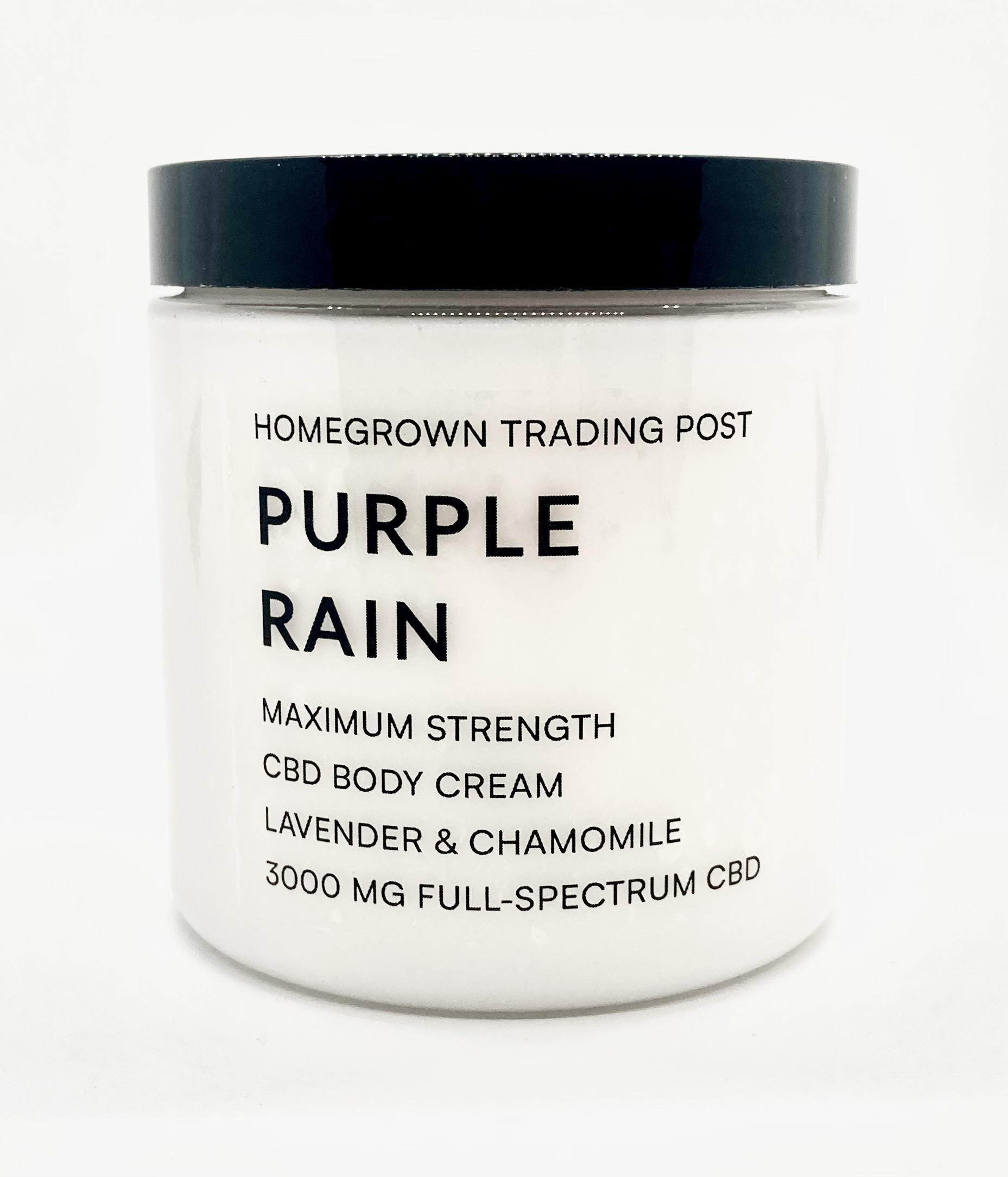Welcome Serenity CBD Arnica Balm: Change Your Self-Care Rituals
Welcome Serenity CBD Arnica Balm: Change Your Self-Care Rituals
Blog Article
Check Out the Science Behind CBD Pain Cream and Its Therapeutic Impacts
As the need for natural pain alleviation alternatives continues to increase, the clinical area has turned its interest to the restorative results of CBD discomfort cream. From its anti-inflammatory buildings to the complex neurological effects that modulate pain perception, CBD's prospective as a discomfort monitoring remedy is a subject of recurring study and professional interest.
Endocannabinoid System and CBD Discomfort Alleviation
What role does the endocannabinoid system play in CBD pain alleviation? The endocannabinoid system (ECS) is an intricate network of receptors, enzymes, and endocannabinoids that play an essential function in controling different physiological procedures, including discomfort feeling. It interacts with the ECS to modulate discomfort understanding and swelling when CBD is applied topically or consumed. CBD applies its results by targeting cannabinoid receptors, particularly CB1 and CB2 receptors, which are plentiful in the central nerves and immune cells, specifically. By binding to these receptors, CBD can hinder the transmission of discomfort signals and lower swelling, resulting in discomfort alleviation.

Devices of CBD for Pain Administration
Exploring the complex mechanisms where CBD operates in pain management discloses its prospective as an important therapeutic device in relieving different forms of pain. CBD communicates with the endocannabinoid system, comprising cannabinoid receptors (CB1 and CB2) dispersed throughout the body. When CBD is provided, it modulates these receptors, affecting natural chemical launch and dampening pain signals. Furthermore, CBD's anti-inflammatory residential properties play an important duty suffering administration by minimizing swelling at the website of discomfort.

Anti-Inflammatory Features of CBD
In elucidating the efficiency of CBD in pain monitoring, a significant aspect exists in its potent anti-inflammatory homes. Swelling is a complicated biological feedback that plays an essential role in the body's immune system, yet when it becomes persistent, it can contribute to numerous health and wellness concerns, including discomfort.
Research studies have actually revealed that CBD can inhibit inflammatory arbitrators and cytokines, thereby moistening the inflammatory cascade. This anti-inflammatory impact is particularly promising for problems identified by chronic inflammation, such as joint inflammation, inflammatory bowel illness, and neuropathic discomfort. By reducing swelling, CBD not just addresses the signs and symptoms but also targets the underlying root cause of discomfort, making it a valuable restorative representative for handling a broad array of inflammatory conditions.
Neurological Effects of CBD on Discomfort
CBD applies profound neurological results on discomfort assumption via its communication with details receptors in the main nerves. The endocannabinoid system, which comprises cannabinoid receptors (CB1 and CB2) and endocannabinoids created by the body, plays a crucial role in modulating pain signals. CBD communicates with these receptors, mainly CB1 discovered in the brain and CB2 located in the immune cells, to exert its analgesic impacts. By influencing the activity of these receptors, CBD can assist control pain sensitivity and inflammation, providing prospective restorative benefits for individuals dealing with different sorts of pain conditions.
Research studies have revealed that CBD's action on the endocannabinoid system can result in the inhibition of discomfort signaling paths, lowering the understanding of pain. Additionally, CBD has actually been located to have neuroprotective buildings, which can help minimize neuropathic pain by protecting nerve cells from damages. The capability of CBD to regulate pain at a neurological degree makes it an encouraging choice for managing persistent pain problems where conventional therapies may check over here fall short.
Clinical Researches Supporting CBD Discomfort Relief

Verdict
To conclude, the scientific research behind CBD discomfort lotion exposes its possible healing effects through the modulation of the endocannabinoid system. CBD's mechanisms for discomfort management include its anti-inflammatory buildings and neurological results on pain assumption. Clinical research studies sustain the use of CBD for discomfort relief. Additional research study is needed to fully comprehend the degree of CBD's advantages in managing different sorts of discomfort.
As the need for all-natural discomfort relief options continues to increase, the scientific community has actually transformed its attention to the therapeutic effects of CBD discomfort cream. From its anti-inflammatory buildings to the complex neurological results that regulate discomfort perception, CBD's potential as a pain monitoring solution is a subject of ongoing research and scientific passion.Structure upon the understanding of CBD's neurological results on discomfort perception, medical researches have provided important understandings into the effectiveness of CBD in providing pain alleviation. A study released in the European Journal of Discomfort showed that applying CBD topically minimized pain and swelling in rats with arthritis without any apparent additional reading side impacts. CBD's navigate to this website systems for discomfort management include its anti-inflammatory properties and neurological effects on pain assumption.
Report this page